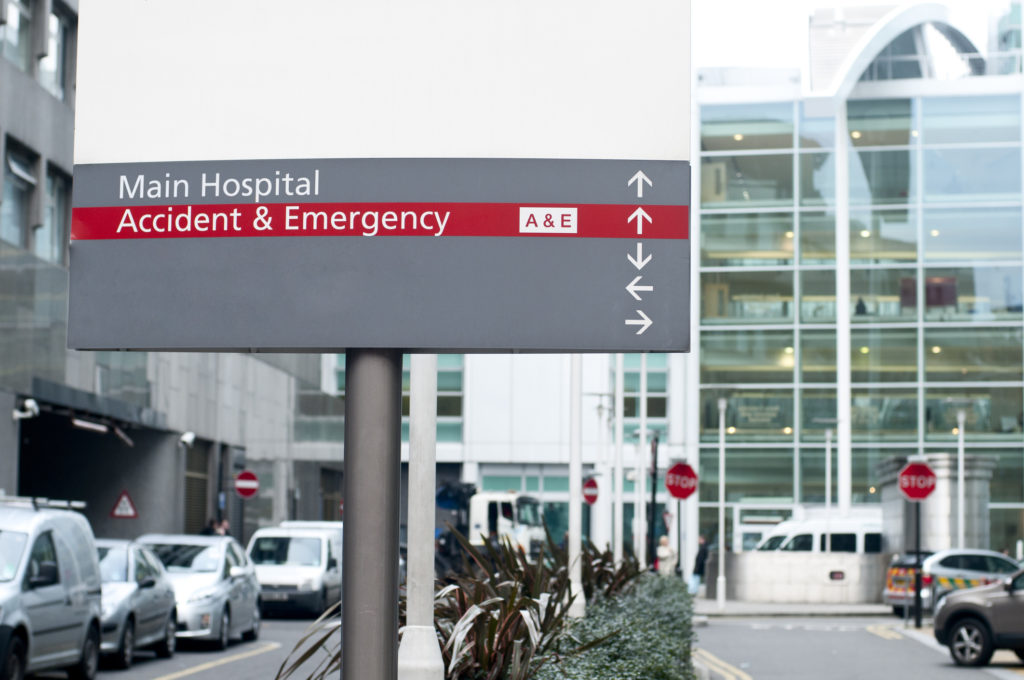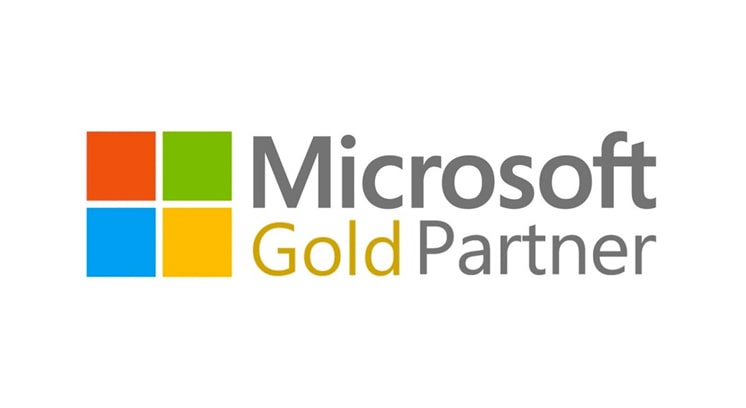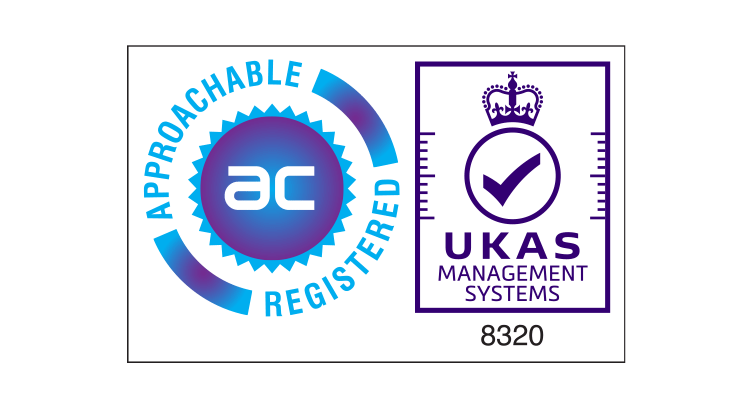Are you looking to drive workforce efficiencies within your NHS estate? Do you want to mobilise your workforce as part of your digital strategy? In this blog we review the Estates divisions across the NHS and how the right approach to mobile working can deliver the resilience required to enable the transformation of the Trust.
NHS Estates Market Landscape & Challenges
NHS Health Estate’s today face an increasingly challenging environment dealing with budget cuts, a large landscape and the use of multiple back office systems. Covering a vast 6.9 million hectares NHS Estates is identified as the third largest cost for the NHS after staff and medicines according to Digital NHS UK, reported at a cost of £8.6 billion in 2016-2017. Additionally, maintenance costs have risen dramatically, occurring in a maintenance back log estimated to be larger than the annual total capital budget for the Department of Health & Social Care which is £5.2bn.
To streamline these challenges, NHS Health Estates must introduce innovation in the right technology. Through the implementation of a mobile workforce management platform NHS Estate Management teams can improve their resilience to react to repair and maintenance jobs, safeguard patients and staff with the prevention of health and safety risks, all while benefitting from using one single user interface rather than multiple apps to multiple systems.

Impact of technology through mobile working
The role of technology plays a key component within repairs and maintenance teams across NHS Health Estates. By introducing a suitable mobile working platform, NHS Estates can benefit from having a common user interface regardless of the worker or role, to enable shared data capability across multiple supporting systems and reduce fragmentation across Estates’ systems.
By equipping repairs staff with access to mobile working tools, it allows them to access information relating to their jobs via their device, anytime, anywhere. Onsite repair forms are easily accessible and immediately completed at the point of service such as capturing images or signatures. Gathering this essential information ensures accuracy of data and evidence for compliance regulations. In relation to health and safety, NHS Health Estates not only need to comply by stringent health and safety standards to ensure safety for their workforce but also for residents living or working there including patients and hospital staff.
Other benefits include:
- The ability to openly integrate and automatically update with various systems within NHS Health Estates via a single user interface improves productivity and capacity by removing admin processes, allowing more time to maintain Estate assets.
- Creates consistency in service delivery and efficiency across the Estates for all workers – responding to reactive and planned maintenance work as required.
- Dynamic Scheduling provides a more efficient way of working for Estates staff, it provides complete visibility to the day ahead and maximises the efficiency of staff time, increasing job capacity.
- Improves compliance for health & safety and audit requirements – all forms are completed at the point of service with required information captured effectively. Having this essential evidence complies with patient safety and ensures SLA’s are met.
- Improved cost efficiencies – Estates’ teams can benefit from a reduction in costs with the introduction of mobile repair forms rather than paper-based processes.

The future of NHS Estates
According to Kingsfund, the Department of Health published Sir Robert Naylor’s review on NHS property and estates on the same day as NHS England published next steps on the five year forward view. The Naylor review identifies the estate’s immediate priorities as delivering the NHS five year forward view and addressing poor buildings and backlog maintenance, requiring capital funding of £10 billion. The review is only a start and puts recommendations in place, what is evident though is that infrastructure and technology remain a key enabler to the delivery of better healthcare and maintenance of Estates throughout NHS Estates’ strategy.
Mobile Workforce Management from Totalmobile
At Totalmobile, our mobile application allows NHS Estates staff to access and record all required information via their device at the point of maintenance. The completion of work is effectively and efficiently evidenced, and all record systems are immediately updated via a single user face. If you’d like further information on how our mobile workforce management solution can benefit your NHS Health Estate, contact us for further information.







